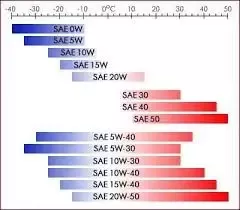A loud noise from your engine can be caused by various factors. Let’s explore some common reasons:
- Exhaust System Issues: A damaged or corroded exhaust system, including the muffler, catalytic converter, or exhaust pipes, can lead to increased noise levels. Leaks or holes in these components can amplify the sound.
- Worn Belts: If the serpentine belt or other engine belts are worn out, they may produce a high-pitched squealing noise. Regular belt inspection and replacement are essential.
- Engine Misfires: Misfiring cylinders can create loud popping or banging sounds. Faulty spark plugs, ignition coils, or fuel injectors may be the culprits.
- Lack of Lubrication: Insufficient lubrication in engine components can cause friction and noise. Check oil levels and ensure proper lubrication.
- Timing Chain or Belt Issues: A loose or damaged timing chain or belt can lead to rattling or knocking noises. Timely maintenance is crucial.
- Fan or Cooling System Problems: A malfunctioning cooling fan or water pump can generate loud noises. Overheating can exacerbate these issues.
- Loose or Damaged Parts: Loose bolts, brackets, or engine mounts can vibrate and create noise. Inspect for any visible damage.
- Air Intake Noise: An aftermarket air intake system or a clogged air filter may alter the engine’s sound.
- Transmission Issues: Noises related to the transmission, such as grinding or whining, may indicate problems.
- Pulley Problems: Damaged pulleys (e.g., idler pulley, tensioner pulley) can cause noise. Inspect and replace as needed.
Remember that diagnosing engine noise requires professional expertise. If the noise persists or worsens, consult a mechanic to identify and address the specific issue.
Read More: How do you fix engine noise?


